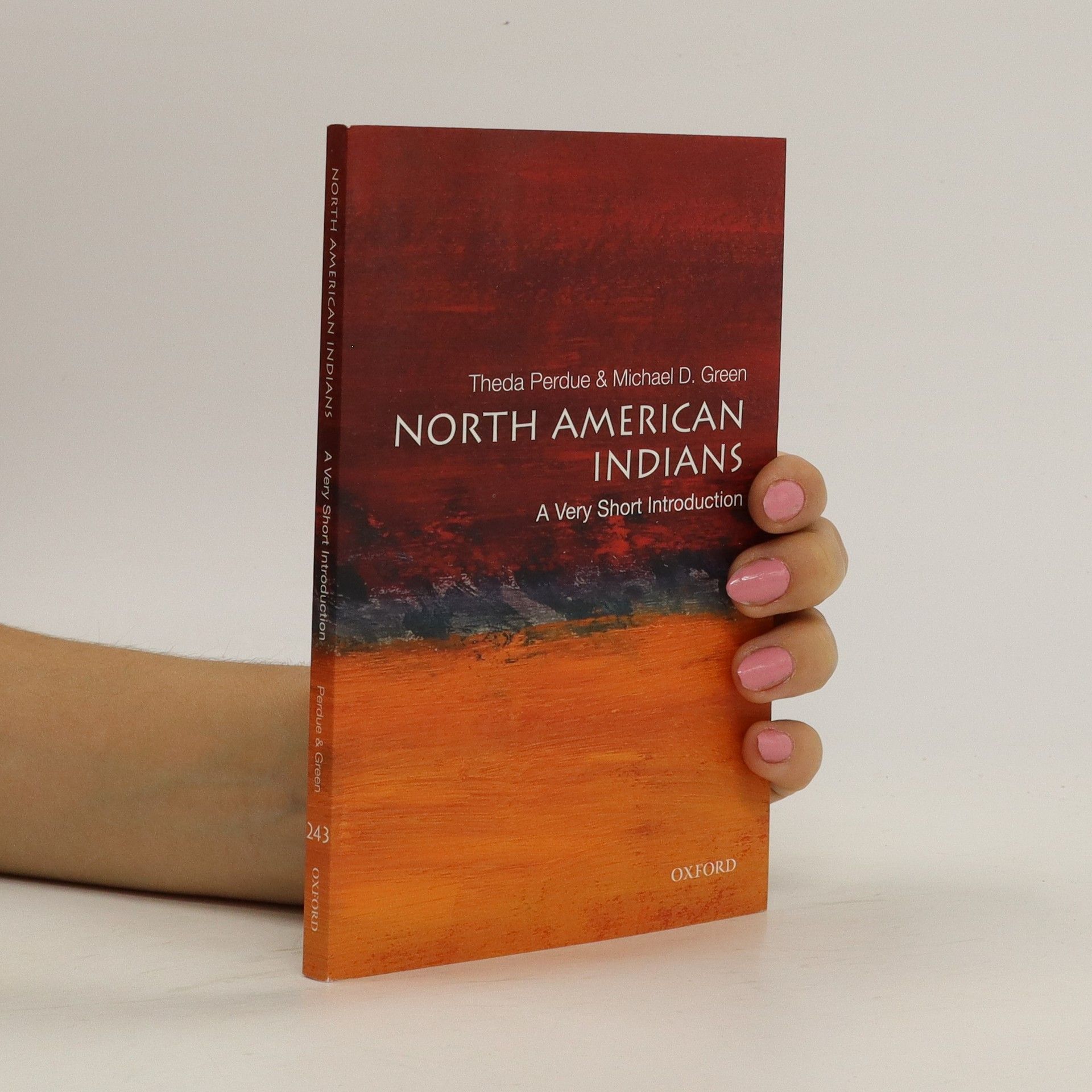North American Indians. A Very Short Introduction
- 144 pages
- 6 hours of reading
This book begins with the emergence of peoples in North America and traces their stories to the beginning of the early twenty-first century. The narrative rests on the premise that indigenous nations retain sovereign rights, and it explores the ways in which contests over those rights shaped their histories.
